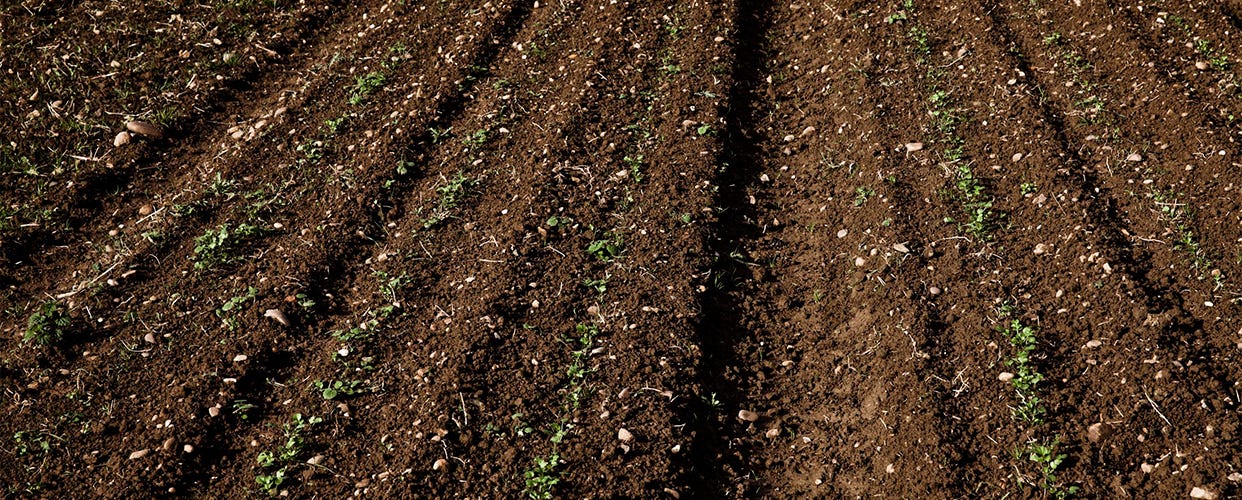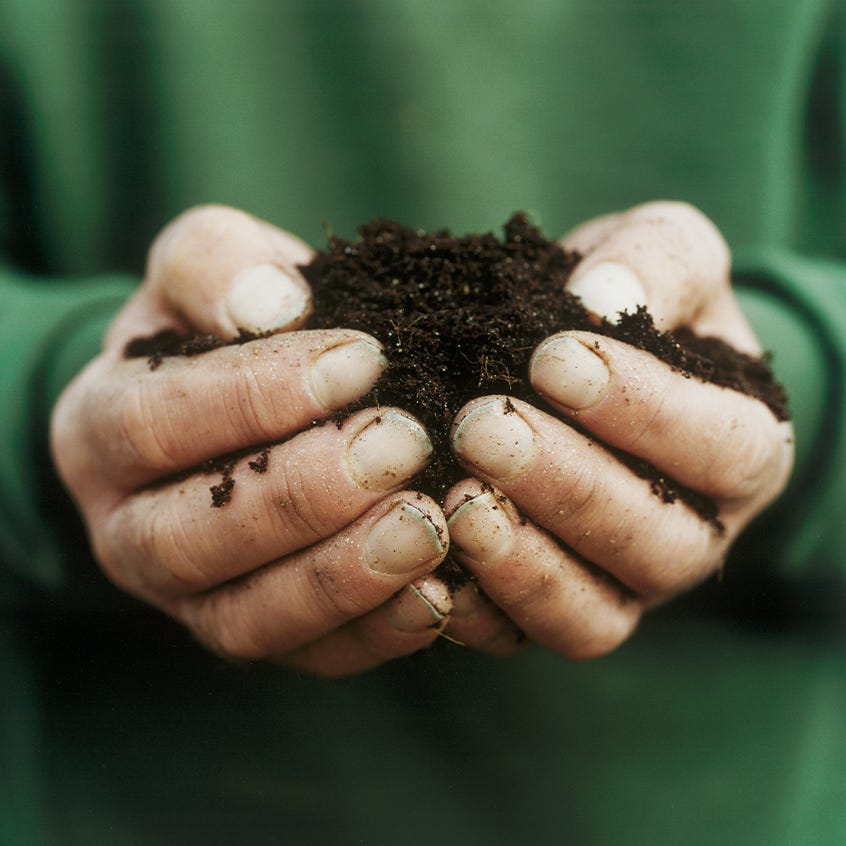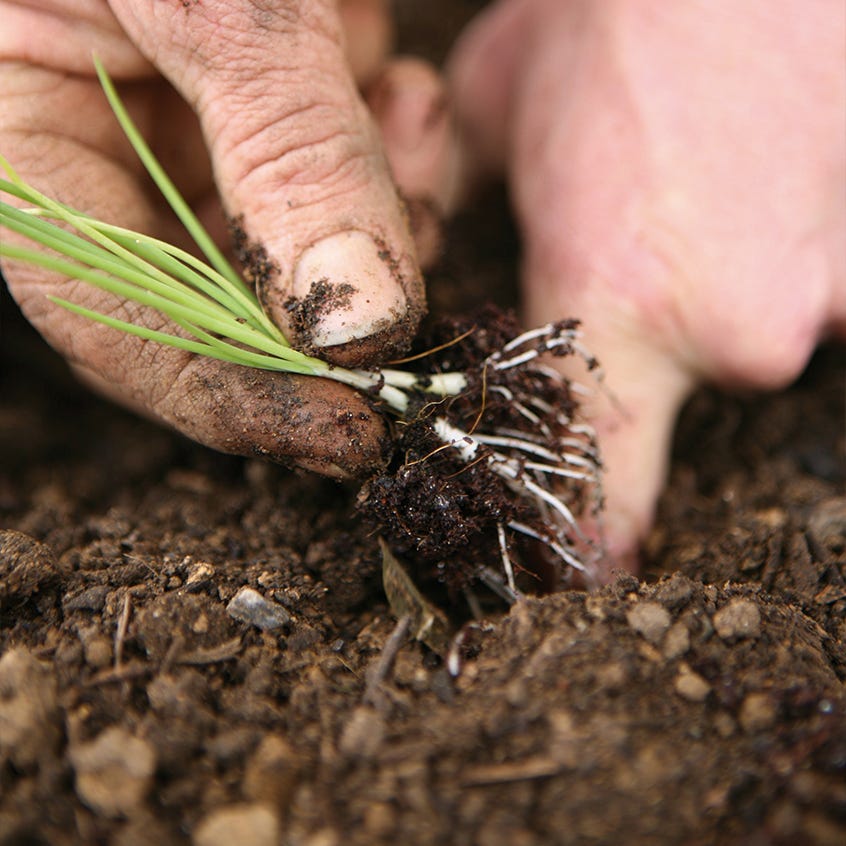
The significance of the soil beneath our feet
As a sustainable, regenerative organic farm, we are keen to raise awareness that soil is an important, life-giving and precious resource.
Our Director of Sustainability at Daylesford Organic shares some fascinating insights about how and why we are committed to analysing and caring for our soil.
I find it incredible how little we know about soil. In a world full of data and information, we are barely scratching the surface when it comes to soil. Given that 95% of global food production is reliant on soil, it’s astonishing that we have only discovered 1% of the microorganisms who call this precious resource their home.
Our soils, particularly organic soils, are alive! This thin skin covering the earth hosts a quarter of all species on the planet. Some of these are well known to us, like the earthworm, while scientists are still learning about other life forms such as springtails, protozoa and nematodes.
Perhaps one of the reasons that we know so little about our soil is the sheer volume of data you would dig up in one spadeful. In fact, in just one teaspoon of soil you can find 10 billion organisms, more than all the people on earth.
While we have a lot to learn about soil, one thing that we do know is that it is a crucial resource in our race to stop climate change. Soil’s role in carbon sequestration (capturing and locking up carbon from the atmosphere) should not be overlooked as a key solution to climate change.


In the UK alone, our soils store the same amount of carbon as the world produces in a year. Globally, our soils hold more carbon than the atmosphere and all the world’s plants and forests combined! Despite this, we are losing our topsoils up to 40 times faster than we can create them. The United Nations World Soil Day estimates that 33% of the global soils are already degraded and the trend is accelerating. Over the last 70 years, the level of vitamins and nutrients in food has drastically decreased because of intensive agriculture, which damages soils through an overreliance on artificial fertilisers, resulting in depleted soils and a lack of crop diversity. When soils are nutrient-depleted, they lose their capacity to support crops and produce nutrient-deficient food.
On the other hand, organic farming helps to protect our soils, adding organic matter and nutrients and ensuring diverse crop rotations that help to support soil biodiversity and creating well-structured and healthy soils. When it comes to climate change, we should be looking beneath our feet for the answer.


At Daylesford we are focused on understanding soil’s ability to balance our farm’s carbon emissions. Two years ago, we carried out our first full scope carbon footprint analysis, which revealed the amount of carbon our farm produces each year through fuels and transport, manure, feed, energy, and livestock (e.g. methane from our cattle).
Currently, we are investigating how much carbon we capture every year through looking after our soils and other regenerative and organic agricultural practices. Throughout 2022 we took numerous soil samples and carried out laboratory tests to measure how much carbon our soils hold. These measurements are our carbon stock: our baseline and a great indication of the soil’s health and quality.
We are working towards being in a position where the annual emissions from our farm are balanced out by the amount of carbon we capture in our soils. Our research and models to date have been encouraging while we wait to measure our soil carbon in a year’s time for the exact figures. We will be sure to let you know the results.
